UK school in BBC show adopts Chinese learning methods
Updated: 2016-05-20 14:58
By Li Wensha and Wang Mingjie(China Daily)
|
|||||||||
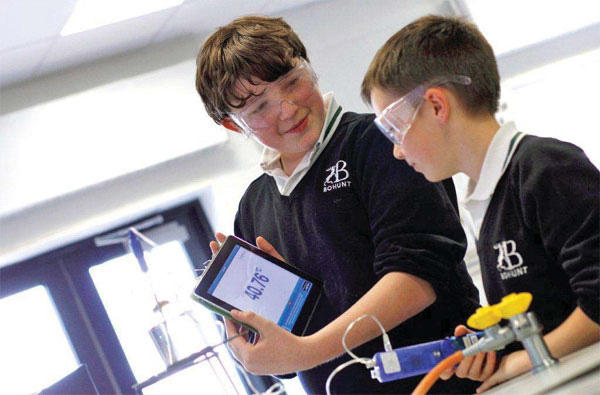 |
|
Bohunt school: Innovative use of technology and thoughtful classroom design allow for inquiry methods in science. [Photo/Provided to China Daily] |
The Bohunt experiment came after Shanghai students had consistently ranked best in math in the Program for International Student Assessment, which is issued by the Organization for Economic Cooperation and Development. By comparison, British students at the time ranked 26th.
The PISA ranking triggered global interest in Chinese methods and supplementary materials. Britain increased exchanges with Chinese teachers and schools to find out how to improve the quality of its schools.
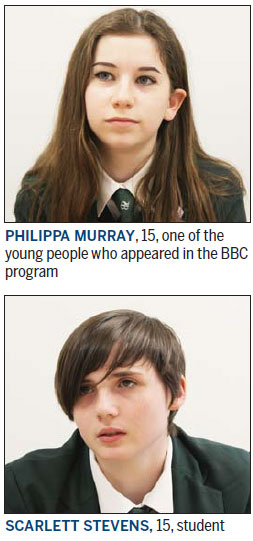
Over the past 18 months, 127 math teachers from Shanghai have shared their experiences and skills in English primary schools. British educators say their techniques, such as spending more time on subjects and teacher-led explanation, have already had a positive effect.
"Most people are surprised at the way Shanghai performed on PISA because they thought, with rote teaching, it seemed likely that the students were to fare worse than others on tasks that require an application of knowledge and a problem-solving ability," says David Johnson, reader in comparative and international education at the University of Oxford.
That is a misunderstanding, he says. "It's not possible to solve problems and do inquiry learning without the necessary subject bases. Often things like inquiry-based learning are not always, across different countries, in the domain of the school, so many systems don't feel the need to make that a strong part of the curriculum."
China, which concentrates on establishing the basics, understands much better that young people are exposed to a number of opportunities both inside and outside school to think mathematically or to solve real-life problems in other ways, he adds.
"So how one balances out the twin demands of a good, strong knowledge base and sufficient opportunities to apply these to real-life problems is the important mixture."
Tim Ayres, head of biology at Bohunt School, is thinking hard about a good mix of different teaching methods.
"Nobody's going to change the world by being told stuff, they're going to change the world by developing ideas," he argues. "That said, if you look at the earlier years there's a huge emphasis on inquiry and practical (studies), teaching them (students) the skills and getting them engaged in science.
"As you move toward the final result, it does step up that lecture style and it also prepares them for A-levels, which will be a bit more lecture-style."
Wenzhou campus
The BBC program has not only brought fame for Bohunt, but also business opportunities.
The school's trust has signed a deal with Wenzhou Xinzhi Education Co to set up Wenzhou Bohunt International School, which is scheduled to open in 2018 and teach a Bohunt-style curriculum as well as offer GCSE and A-level examinations.
It will be the first time a state school in Britain has opened a private school in China. To date, more than 40 British private schools have established campuses in Asia and the Middle East, as demand for a British-style education continues to rise.
The exchanges between Bohunt and China also benefit its 1,500 students, one-fourth of whom are now learning Mandarin.
"The students are incredibly excited about Chinese culture, the history and traditions, but also in the youth culture," Avery says. "It's very difficult to bring across in rural Hampshire, which is not at all racially diverse. The exchange is fantastic."
Contact the writers at liwensha@chinadaily.com.cn and wangmingjie@mail.chinadailyuk.com
Lara Wolfe contributed to this story.
Today's Top News
EgyptAir denies finding wreckage of missing flight
China urges US to halt close surveillance
Debris found in sea in search for missing MS804
LinkedIn matches refugees with jobs
Top legislator foresees bright future for SAR
UN climate talks resume to write 'rule book'
Internet regulations: From the US to Australia
Google faces record 3 billion euro antitrust fine
Hot Topics
Lunar probe , China growth forecasts, Emission rules get tougher, China seen through 'colored lens', International board,
Editor's Picks

|
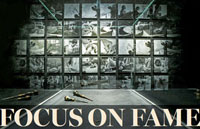
|
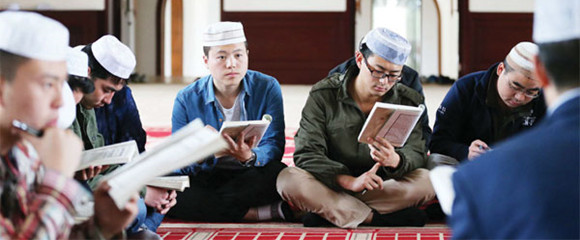
|

|

|
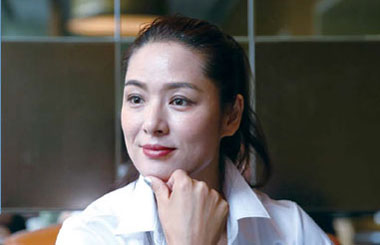
|







